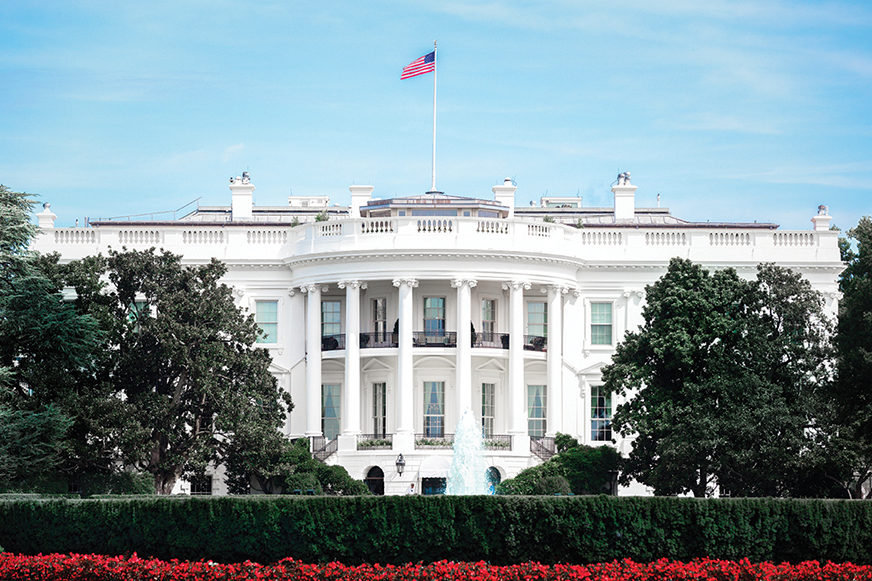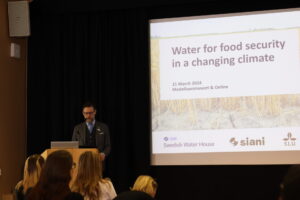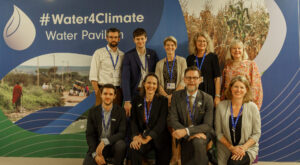AGWA and SIWI initiatives presented at White House Water Summit
Stockholm, Sweden (22 March 2016) —During the White House Water Summit this World Water Day, two initiatives developed by the Alliance for Global Water Adaptation (AGWA) – a network hosted and chaired by SIWI, will be presented: a new water climate bonds standard, and the climate adaptation mainstreaming process CRIDA.
The Standard, produced by AGWA, Ceres, the Climate Bonds Initiative, CDP, and the World Resources Institute, provides investors with verifiable, science-based criteria for evaluating water-related bonds and assists issuers in the global corporate, municipal, sovereign, and supra-sovereign markets in differentiating their green bond offerings.
The San Francisco Public Utilities Commission is expected to be the first issuer to align a forthcoming bond sale with the standard – some USD 6 billion towards sustainable storm water management and wastewater projects.
“To date, the water, climate, and finance communities have remained separate and divided. The new Water Climate Bond Standard promises to close these gaps by rewarding issuers and informing investors about climate risks and opportunities in water. We hope this Standard can ensure that we have water security measured in decades if not centuries for both the developing and developed worlds.” Says Karin Lexén, SIWI’s AGWA Chair and SIWI’s Director of International Processes.
CRIDA – the Climate Risk Informed Decision Analysis methodology is part of a White House fact sheet highlighting new commitments and announcements that the Administration and non-federal institutions are making to build a sustainable water future. It represents a major leap forward in assessing climate risk, designing for flexibility, and managing for future uncertainty:
“The Alliance for Global Water Adaptation (AGWA) is publishing the Climate Risk Informed Decision Analysis (CRIDA) methodology in 2016 – a guidance document to enable water managers to plan for and manage water resources sustainably over decades and centuries, despite deep future climate uncertainty.”
The CRIDA programme is suitable for hydropower, water treatment, agricultural management, urban systems, and natural resource management. It is primarily focused on engineering-oriented water managers and the agencies and institutions that either employ them, or the institutions that facilitate finance for them.
“Water managers all over the world are confronted with uncertainties in data, a lack of best practices for managing long-lived assets with long-term climate change, and a lack of capacity and institutional support. CRIDA seeks to answer these needs by mobilizing cutting-edge methodologies that foster climate resilience even when knowledge and institutional gaps exist. We are trying to meet water managers where they are, to help them reach where they want to be. The benefits of effective actions now will span generations,” says John Matthews, AGWA.
AGWA aims to expand CRIDA methods into a community of practice beginning with two graduate level and professional development courses at UNESCO-IHE and Oregon State University, as well as an extended case study library online. The CRIDA publication is available for free download from July, 2016.
Senior partners and contributors for CRIDA include SIWI (with AGWA), Colorado State University, Deltares, Dutch Water & Environment Ministry, Oregon State University, the Pegasys Foundation, UNESCO-IHE, the University of Massachusetts, US Army Corps of Engineers, the US Geological Survey, and the World Bank.








